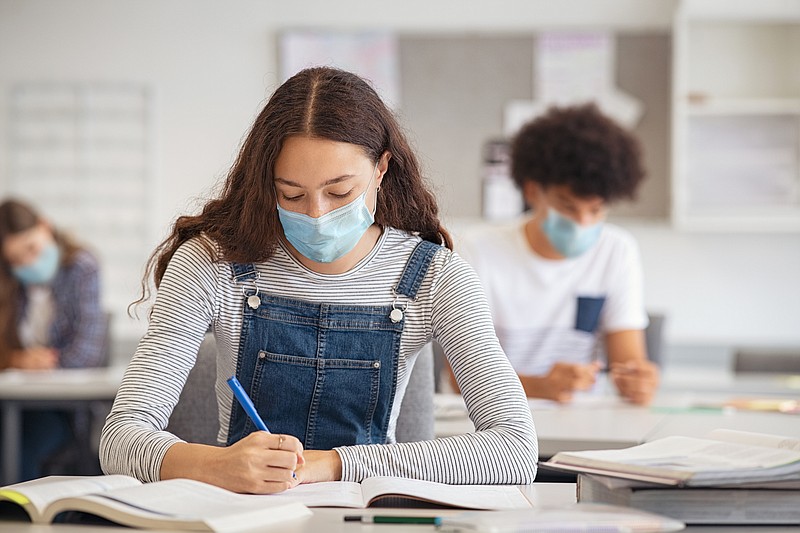Q: Now that many older adults have benefited from the first rounds of vaccine eligibility and have gained protection from COVID-19, have the risk factors changed for younger age groups?
A: Adolescents and young adults represent the group with the highest number of positive COVID-19 cases both nationally and in Hamilton County. In order to reach a critical mass of vaccinated individuals, vaccine acceptance in this age group is important. In Hamilton County and surrounding areas, individuals as young as 16 may receive the shot.
Currently, about 1 in 4 eligible people in this age group has received a COVID-19 vaccine. A recent STAT-Harris poll found that 57% of people between the ages of 18 and 24 (identified as Gen Z) were not following recommended mitigation precautions and 21% did not plan on getting their vaccine. While 35% stated that they were likely to "wait a while," 17% said they would do it "whenever they got around to it."
Most of them were not opposed to vaccination but stated they wished they had more information. Vaccination campaigns should be tailored to these groups to have a bigger impact. A message tailored to seniors, for example, is not likely to be successful with a group that does not have similar risks of severe disease. Campaigns should address issues of needing a vaccine even if you are healthy. Using social-media platforms like Instagram and TikTok to disseminate vaccine education is likely to reach more young people where they are and in their language.
The U.S. Centers for Disease Control and Prevention recently announced a $3 billion initiative to increase vaccine acceptance. Nonprofit groups, like NextGen America, plan to send text alerts and emails to 1 million young people providing vaccine information. High schools and local pediatricians can get involved in providing vaccine education and can consider providing access to the vaccine. Some colleges have already mandated students get vaccinated before returning to class.
Adolescents and young adults can also become their own trusted messengers, since trusted friends can make a bigger impact than a generic campaign. Creating TikTok videos or posting on Instagram could deliver messages to peers from peers. Perhaps a message of what you can safely do after getting vaccinated could create fear of missing out (FOMO) and nudge a friend to also get the vaccine. Creative campaigns will be important to slow down the pandemic.
Fernando Urrego, M.D., is the interim health officer at the Hamilton County Health Department and a member of the Chattanooga-Hamilton County Medical Society.

